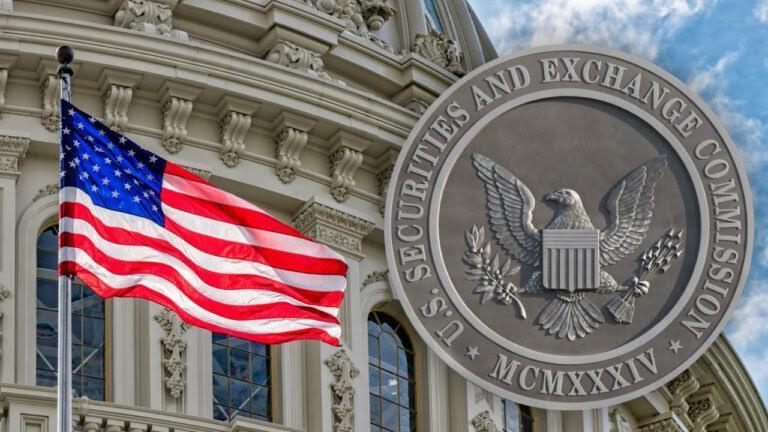November 13, 2023
By Sharan Kaur Phillora
In a significant move, U.S. legislators have unveiled a new bill that aims to restrict federal government officials from conducting business with China-based blockchain companies and Tether, the issuer of the world’s largest stablecoin, USDT. The legislation, known as the Creating Legal Accountability for Rogue Innovators and Technology (CLARITY) Act, was co-led by U.S. Representatives Zach Nunn and Abigail Spanberger.
Here’s what we know:
The CLARITY Act seeks to address growing concerns over the involvement of foreign entities, particularly Chinese ones, in the cryptocurrency industry. It prohibits government officials from engaging in transactions with Chinese crypto firms and also blocks government employees from utilizing China-based blockchain networks that support cryptocurrency trading platforms.
The bill’s sponsors emphasize the importance of safeguarding national security and protecting the private information of American citizens. They argue that as blockchain technology becomes increasingly prevalent in the coming years, ensuring that foreign adversaries do not gain access to critical national security intelligence and personal data is of paramount importance.
Representative Nunn, a newcomer to the House of Representatives, highlighted the significance of China’s extensive investments in blockchain infrastructure, citing potential national security and data privacy risks. He stressed the need to address these challenges proactively.
Additionally, the bill extends its restrictions to specific entities, including The Spartan Network, The Conflux Network, and Red Date Technology Co., which is behind China’s national blockchain project and its central bank digital currency (CBDC), known as the digital yuan.
Furthermore, the legislation tasks key government officials, including the U.S. Secretary of the Treasury, Secretary of State, and the Director of National Intelligence, with developing a comprehensive plan to mitigate the risks posed by China and other foreign adversaries in the realm of blockchain technologies.
This move follows a trend of heightened scrutiny of Chinese technology within the United States, as demonstrated by the earlier security-driven ban on government employees’ use of TikTok, a popular social media app with Chinese origins. The bill’s proponents are determined to prevent any potential vulnerabilities that may arise from foreign involvement in critical technologies.
While the CLARITY Act may not be the only cryptocurrency-related legislation under consideration, it underscores the growing focus on safeguarding national interests in an increasingly interconnected digital world.
About the author
Sharan Kaur Phillora’s thirst for knowledge has led her to study many different subjects, including NFTs and Blockchain technology – two emerging technologies that will change how we interact with each other in the future. When she isn’t exploring a new idea or concept, she enjoys reading literary masterpieces.



